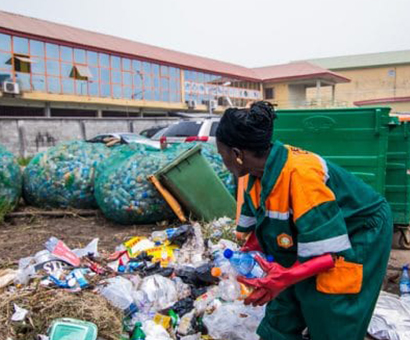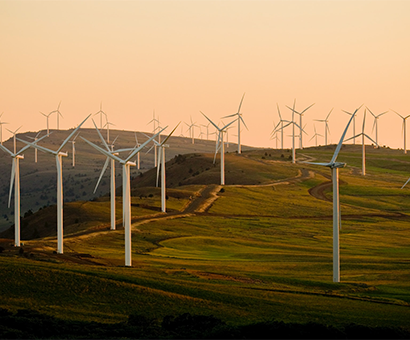
Waste collection, sorting and management
Waste collection, sorting, and management form a crucial process for environmental sustainability. Collection involves gathering waste, while sorting separates it into categories like recyclables, organics, and residual waste. Waste management encompasses all handling activities, including recycling, composting, landfilling, incineration, and waste-to-energy conversion. An effective system minimizes pollution, conserves resources, and promotes a circular economy by reusing and recycling materials.

Energy Conversion Technologies
Energy conversion technologies encompass a variety of methods and devices used to transform energy from one form to another, making it usable for a variety of applications. From internal combustion engines to solar cells, from wind turbines to hydroelectric power plants, these technologies play a crucial role in powering our modern world. They convert various energy sources, such as fossil fuels, sunlight, wind and water, into usable forms of energy such as electricity and mechanical power. Ongoing research and development in this field is essential to improve existing technologies and explore new, sustainable ways of meeting our energy needs.

Environmental study and analysis
Environmental study and analysis involves assessing the state of the environment, identifying and evaluating the potential impacts of human activities, and developing strategies to mitigate or prevent environmental damage. This involves a multidisciplinary understanding of ecological processes, pollutants, environmental risks and regulations. Environmental studies are carried out for a variety of projects, such as land-use development, natural resource management, impact assessments and environmental compliance. The process typically involves data collection, field studies, modeling and assessment, leading to recommendations for sustainable decision-making and environmental protection.
